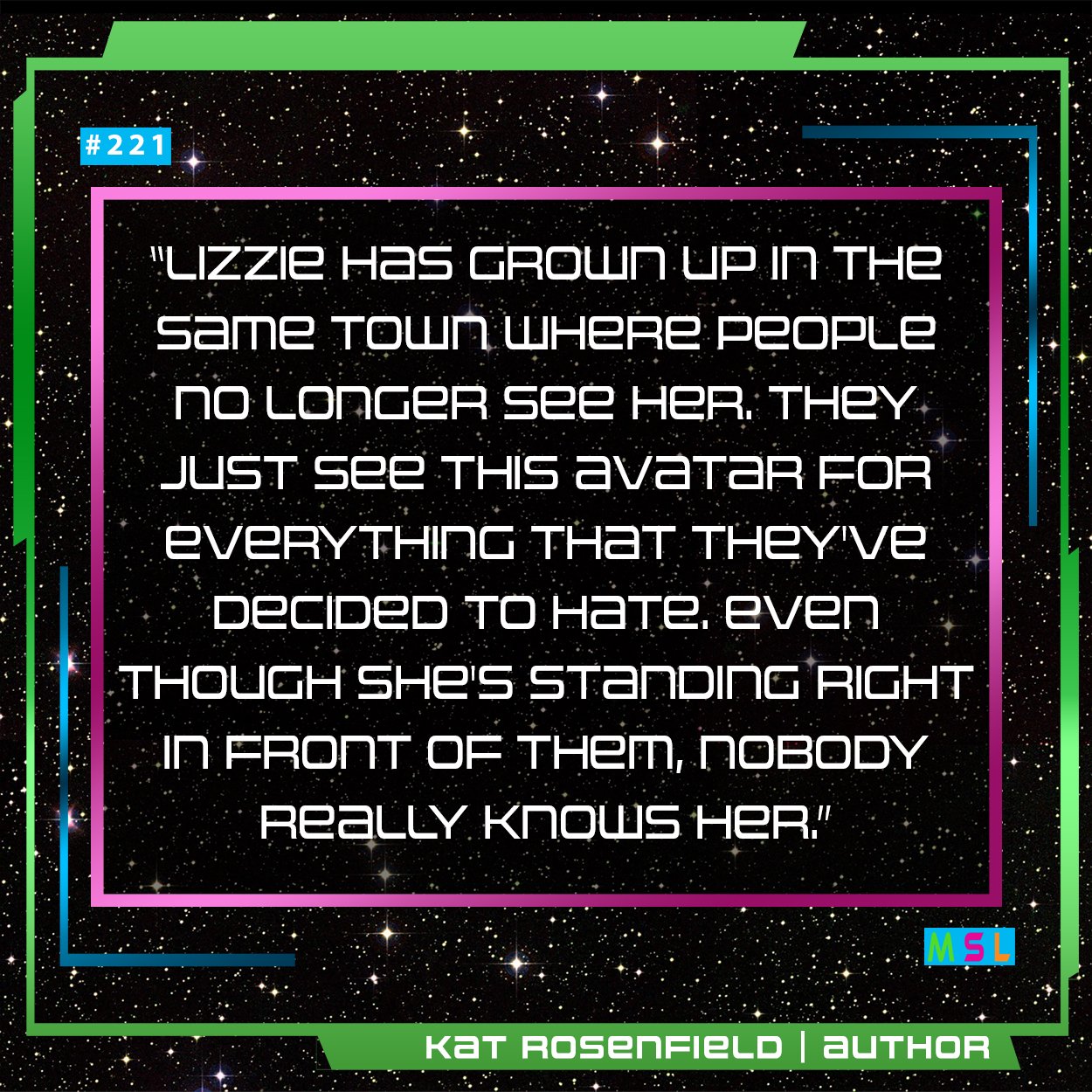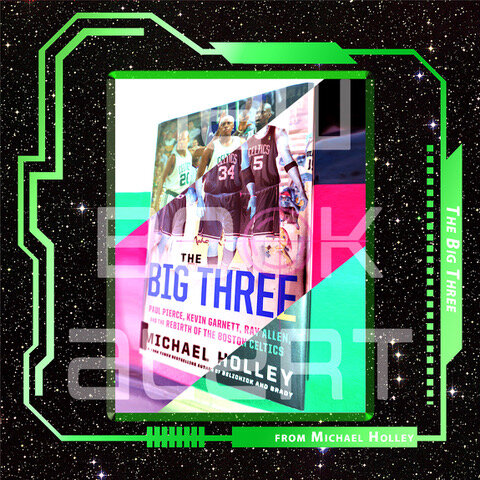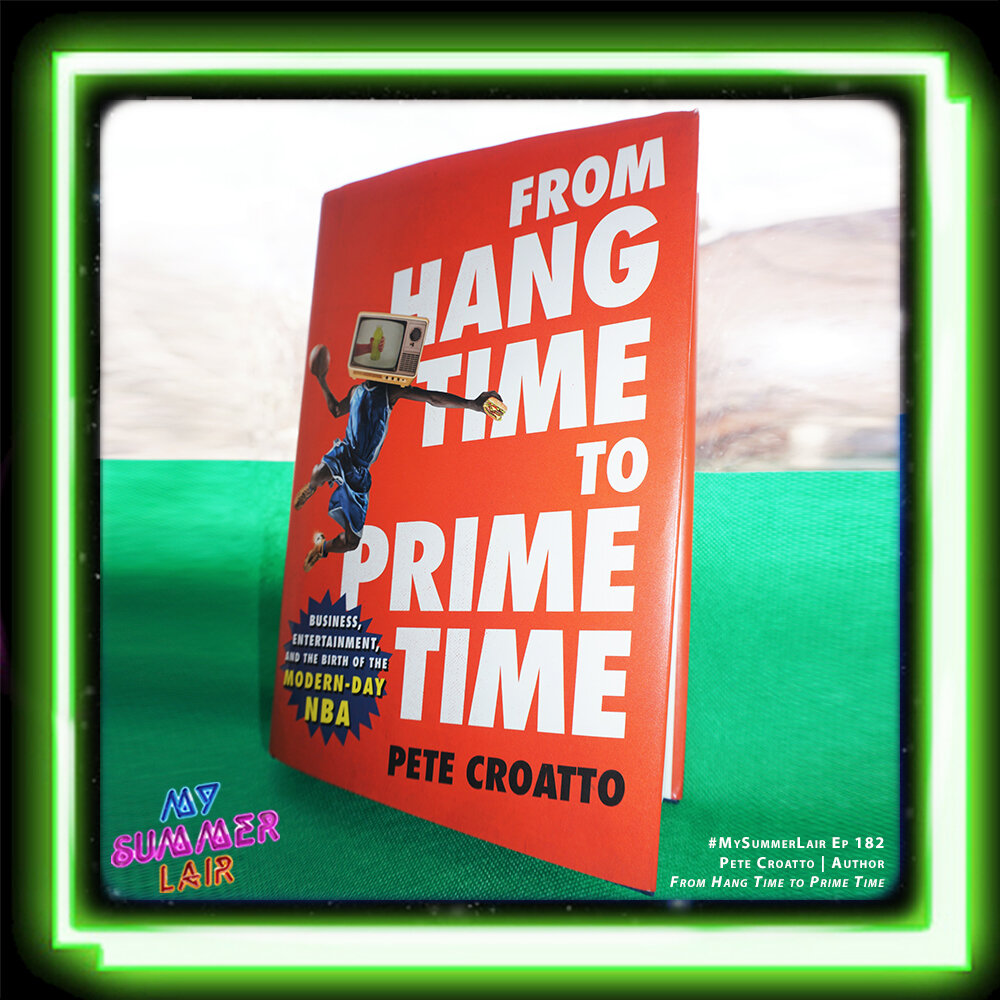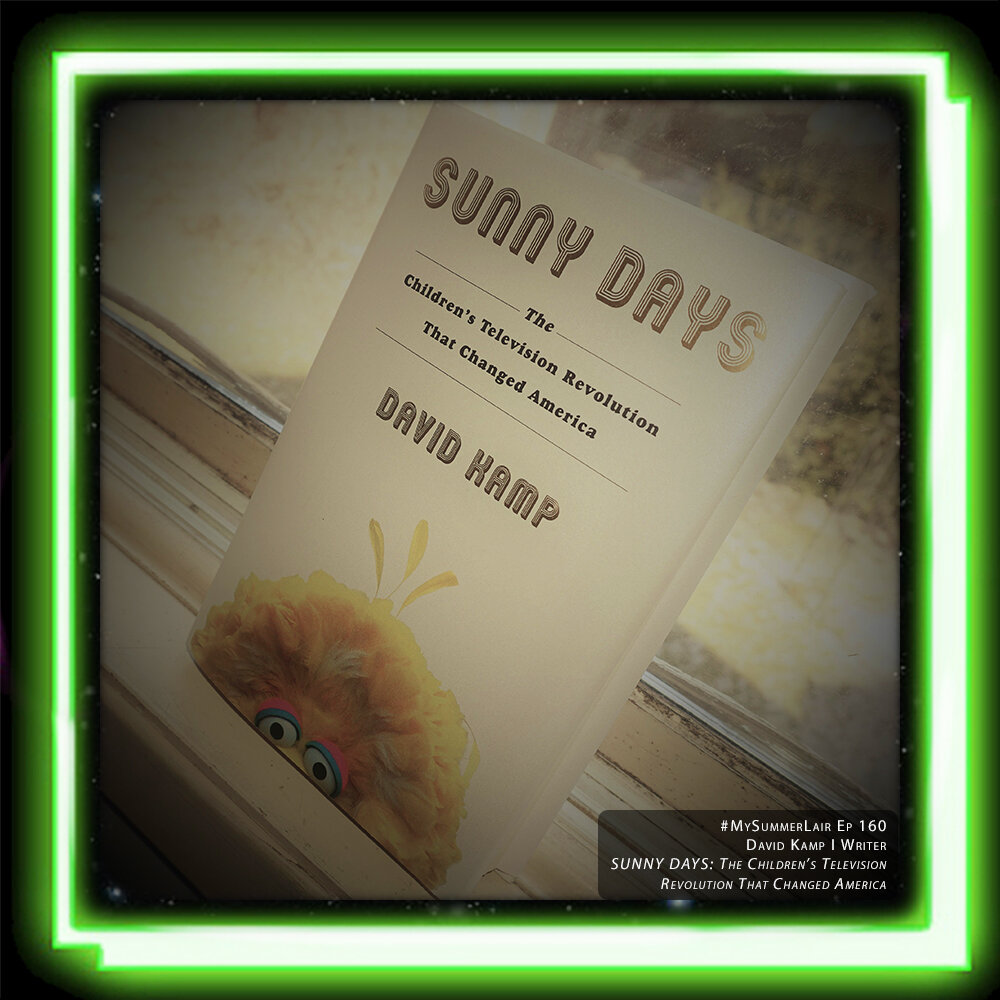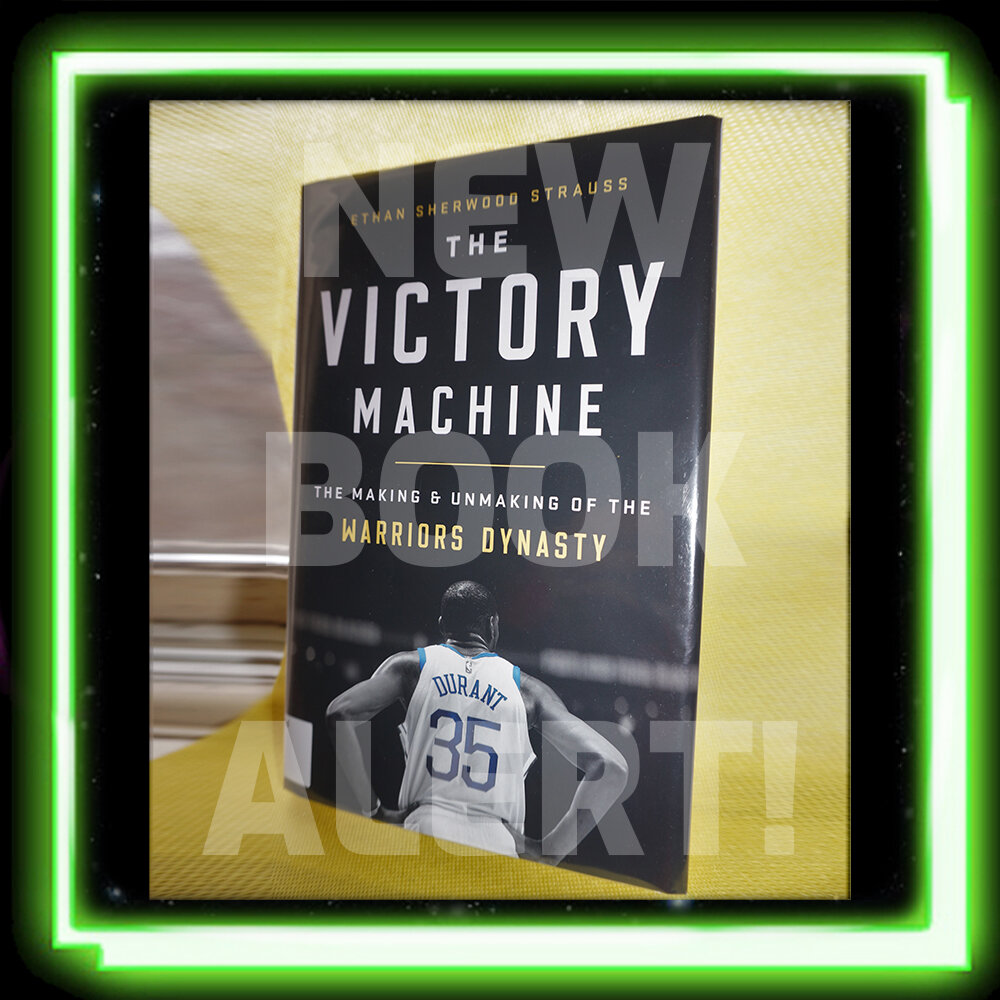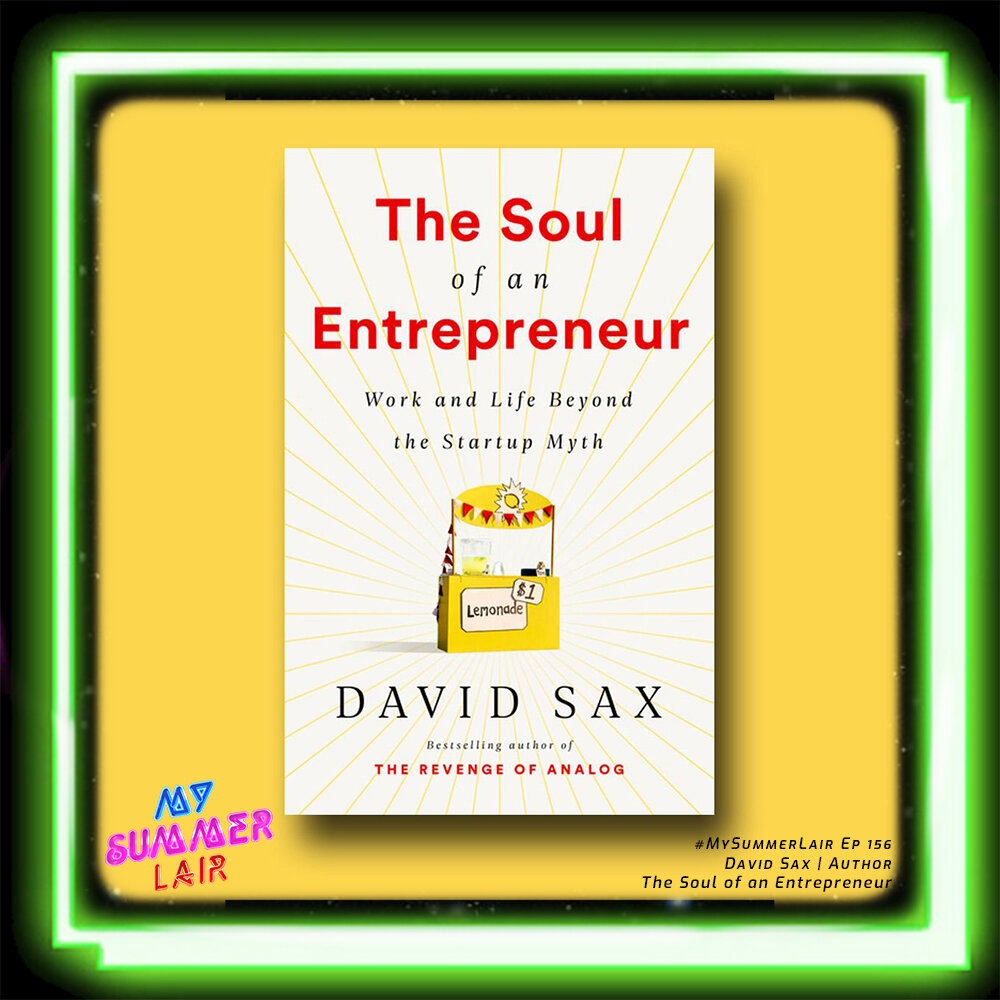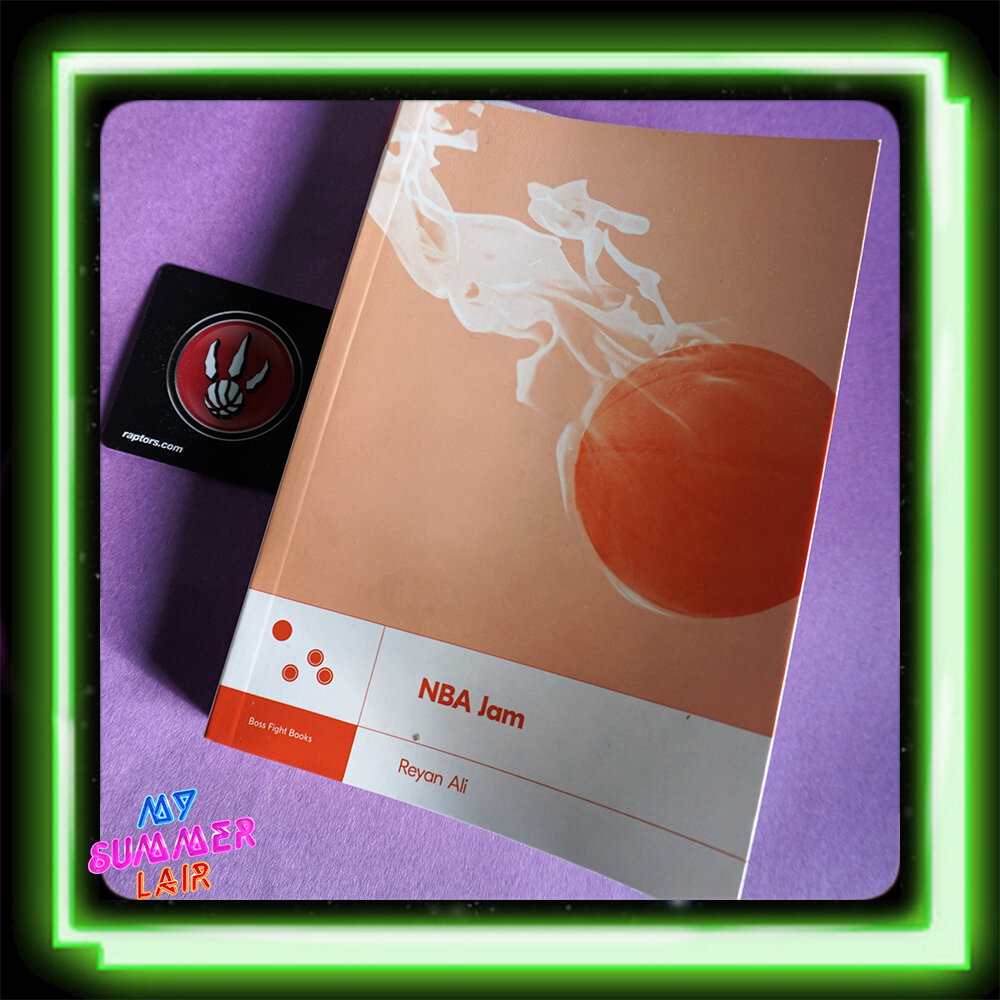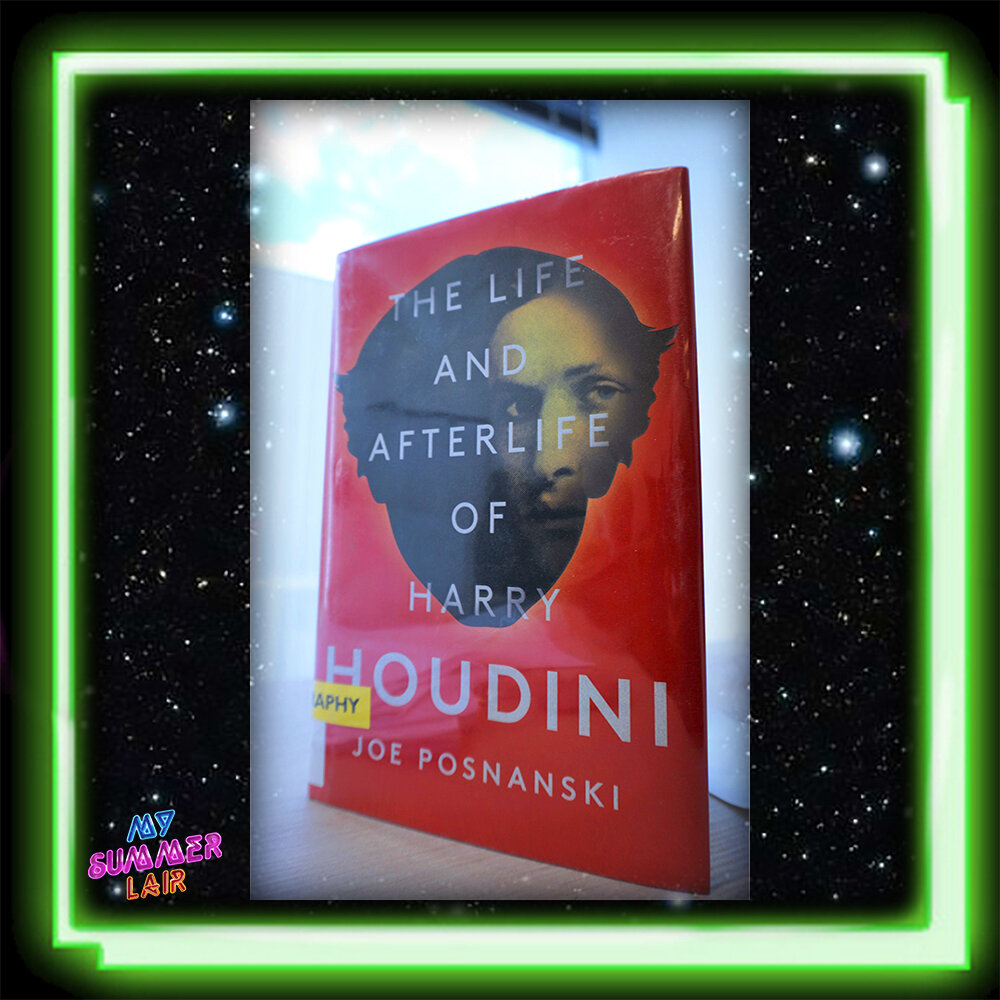189 | Michael Holley (The Big Three: Paul Pierce, Kevin Garnett, Ray Allen, and the Rebirth of the Boston Celtics)
My Summer Lair Chapter #189: What’s Your Favourite Moment Of The Boston Big Three Era?
On July 31, 2007, the Boston Celtics traded for Kevin Garnett to solidify their Big Three. As a team they’d go on to win 1 championship while contributing to Boston’s dynasty mythology across all sports. (Though that’s mostly Tom Brady’s work.)
Written by Boston sportswriter Michael Holley; The Big Three is his 7th book having previously written about Brady, Belichick and the Red Sox.
Michael Holley is man with a Christian faith and that faith makes him an ideal sports writer.
As an analogy spiritual faith mirrors the passion and joy fans have for their NBA team. And yet for all the hope and faith and prayers—answered and unanswered—for all the preaching and teaching; the burden of prophecy and the weight of legacy: sometimes a team needs a miracle. Or two. Or three.
Miracles are spiritual surprise parties and in sports miracles are so uplifting.
And the way it all happened in this book The Big Three first with the Celtics being sold, new owners…hiring Danny Ainge…right up to the trades to assemble the championship winning team really was a miracle.
So I guess this book and this My Summer Lair conversation is the autopsy of a miracle.
Michael Holley @ W • T • F
Host & Photography by Sammy Younan
Recorded: Thursday February 18, 2021 at 5:30pm (EST)
182 | Pete Croatto (From Hang Time to Prime Time: The Birth of the Modern-Day NBA)
My Summer Lair Chapter #182: How Did The NBA Evolve From Hang Time To Prime Time?
This will be another NBA episode though not focusing so much on a team or certain players but rather the league itself.
Journalist and writer Pete Croatto has written From Hang Time to Prime Time: Business, Entertainment, and the Birth of the Modern-Day NBA. This book is delicious I consumed it whole like a python.
There’s a reason why when you go see like a Marvel movie, there’s 10 minutes of credits, right? Because there’s a lot of people who made that movie, yet what we tend to focus on or talk about is Robert Downey Jr or Kevin Fiege, or like a handful of stars in front of the camera. Yet without those 10 minutes of credits the Marvel movie is not possible.
So let’s look back to so we can look ahead: From Hang Time to Prime Time is like the NBA’s high school yearbook. Pete’s book deftly documents the corporate rise of the NBA: a league that wasn’t popular much less cool compared to the NFL and MLB. Hard to believe.
Imagine sitting down and talking to the people in those 10 minutes of Marvel’s movie credits: they made it happen. Who in the NBA should get credit for making magic happen even though most of us only know Michael Jordan?
Through many stories and many experiences and many moments Hang Time focuses on the NBA’s cultural transformation and growth especially in the 70s and 80s though thankfully unlike a yearbook there isn’t that many bad hair photos. I’m not sure how we should classify Commissioner David Stern’s mustache.
Kobe’s sudden death was proceeded by David Stern’s death: both in January 2020. Those two deaths formed fascinating bookends of the NBA that was and the NBA that is. On every tombstone you get that dash between dates but that dash can mean so so much. That tiny dash signifies a life though it fails to convey the whole story.
So let’s start there with those 2 significant bookends: Kobe Bryant and David Stern. Because we know Stern and we know Kobe and we know one of them is Prime Time and the other is Hang Time. Heh you can decide which is which.
Pete Croatto @ W • T • F
Host & Photography by Sammy Younan
Recorded: Tuesday December 29, 2020 at 4pm (EST)
179 | Zack O’Malley Greenburg (A-List Angels)
My Summer Lair Chapter #179: If you could invest in any company with any celebrity: who would you choose?
My elevator pitch for this My Summer Lair episode.
Old School Fame…Old School Hollywood relied on hits: the longer you remained hot; the bigger you got. Which meant every project was a risk: your next movie hadda hit, or your next album hadda hit.
So yes these actors and bands and writers and directors: creators relied on the studio system or the record company system or the book publishing system as the primary generation of their riches. They were rich: not wealthy. (Elvis makes more dead than he was alive.)
Then startups and investments came along. Now it was possible to create wealth…in some cases generational wealth.
So what does that all mean?
Enter Zack O’Malley Greenburg’s book A-List Angels: How a Band of Actors, Artists, and Athletes hacked Silicon Valley.
You’ll hear us discuss Shaq investing in Google, Bono in Facebook, Kevin Durant in Postmates, Nas in Casper. Plus hear a strange Katy Perry story that took place in Rome, Jay-Z’s birthday and even Zack’s hope for the New York Knicks. (Hope and Knicks in the same sentence!)
All this matters because these celebrities ae funding the companies we use and as we’ve seen with Facebook or Google as examples we hafta figure out where we go from here. How do we deal with these companies?
What kind of future do we want?
So first we must understand how we got here.
Zack O’Malley Greenburg @ W • T • F
Host & Photography by Sammy Younan
Recorded: Friday December 4, 2020 at 5pm (EST)
160 | David Kamp (Sunny Days)
My Summer Lair Chapter #160: Of The Many TV Shows That Make Up The Children’s Television Revolution…Which Are Your Favourites?
History lesson kids! David Kamp latest book is Sunny Days: The Children’s Television Revolution That Changed America.
To recap some of the children’s TV shows covered in this book and our conversation…
Sesame Street which premiered on November 10, 1969.
Mister Rogers’ Neighborhood started right before the Street on February 19, 1968.
The Electric Company powered up on October 25, 1971.
Finally:
Fat Albert and the Cosby Kids Hey, Hey, Heyed on September 9, 1972 while Schoolhouse Rock debuted on January 6, 1973. Shoutout to Three Is a Magic Number. Yes. That’s my jam.
I consumed all of those shows and I adored all of them. And I mean that’s an impressive run and it’s not even a full complete picture: the book mentions so much more. Kamp astutely calls it an Era of Enlightenment Jr.
And what’s amazing about Sunny Days is that it’s not a shrine to nostalgia. It doesn’t just look back for the sake of looking back. What makes the book relevant is that it looks ahead. This is about our future as much as it is about our past. It is the sobering recognition we were once good coupled with a tantalizing invitation to be good again.
Think about this for a second: Sesame Street…Mister Rogers’ Neighborhood on PBS got federal funding. We invested in the emotional well-being of children and equipped at-risk kids teaching them how to read, understand their emotions and the value of imagination and play. Can you even imagine that happening now with our political landscape? We’re barely feeding them right now.
So…if we were good once…it’s entirely possible for us to be good again. Sunny Days are here if you want em…John Lennon is right: War is over! If you want it.
David Kamp @ W • T • F
Host (& Photography) by Sammy Younan
Recorded: Wednesday October 14, 2020 at 1pm (EST)
157 | Ethan Strauss (The Victory Machine: The Making & Unmaking of the Warriors Dynasty)
My Summer Lair Chapter #157: Does Winning Mean You Are Successful?
Winning covers a multitude of sins. Shaquille O’Neal and Kobe Bryant played together on the LA Lakers from 1996 to 2004; winning three consecutive championships (2000, 2001, 2002) and making an NBA Finals appearance in 2004. Yet what’s fascinating is that winning didn’t do it for Kevin Durant. He played on the Golden State Warriors from 2016-2019 and they won 2 championships (2017, 2018).
In The Victory Machine: The Making and Unmaking of the Warriors Dynasty author Ethan Sherwood Strauss writes the following 3 sturdy observations:
“Most sports books are celebratory in nature, but this one dwells on the sadness that comes with success.”
“I think that’s part of the modern condition: the modern celebrity is being tricked into giving away too much and corrupting their image for the public.”
“Many NBA stars are hookah heads, surprising as this may sound. They are up later than you and occasionally require a more relaxing social activity.”
These are distinct insights you don’t often get in a traditional NBA book; based on this My Summer Lair conversation it’s clear Ethan passionately thinks about these things. If you have a chance check out the book. You’ll dig it.
This is my second Oakland NBA writer interview having interviewed The Athletic’s Marcus Thompson for his Kevin Durant book: KD: Kevin Durant’s Relentless Pursuit to Be the Greatest. Both sports writers contemplate the broader culture when they write: they see patterns and gauge impacts. They’re telling you an NBA story but the NBA is just an analogy. Ethan’s book is clearly about “The Making and Unmaking of the Warriors Dynasty.” So you’d pick up this book thinking it’s about the NBA and the Warriors and Curry and KD blah blah blah. Yet as you see from those 3 observations: “Most sports books are celebratory in nature, but this one dwells on the sadness that comes with success.”
That’s no longer an NBA story per se that’s something far more compelling and honest.
It’s a damn good book; it helps if you’re into the NBA but even if you’re not it’s worth the wrestle and trying to understand what success means for you…what success looks like for you. That’s the journey Kevin Durant and the Warriors are on: which makes their team name so apt.
Ethan Strauss @ W • T • F
Host & Photography by Sammy Younan
Recorded: Tuesday April 28, 2020 at 4:30pm (EST)
156 | David Sax (The Soul of an Entrepreneur)
My Summer Lair Chapter #156: Why Are You An Entrepreneur?
The description on the back of The Soul of an Entrepreneur: Work and Life Beyond the Startup Myth says: “This book is the real story of entrepreneurship. It confronts both success and failure, and shows how they can change a human life. It captures the inherent freedom that entrepreneurship brings, and why it matters.”
David Sax’s gift as a writer is the ability to identify and reveal the undercurrents flowing through our culture. The Soul of an Entrepreneur is a compelling follow up to his excellent and thought-provoking book The Revenge of Analog: Real Things and Why They Matter. In a sense, he is a writer who operates like a magician with a ta-da! though in his case he isn’t pulling a rabbit of his hat…he is revealing the unrecognized hustle that fuels the engine of our economy.
It’s odd however events like this Coronavirus pandemic are useful for teaching us to live with uncertainty. This entire response to the virus hasn’t been linear or smooth, you cycle through a variety of emotions: some people are doing well; some people are not doing well…this is what business and entrepreneurship are like.
I find one of the more fascinating conversations once everybody was put under house arrest was this debate on productivity. I think for the first time in a long time people had to figure out what that actually means. And I understand employees are juggling work demands while teaching their kids school but we took productivity for granted. Just as we failed to personalize success or question what entrepreneurship truly means or looks like.
Cue David Sax and his book The Soul of an Entrepreneur. Is it a good time to start a business? Yes if only because it is today. Entrepreneurship is a wonderful thrilling adventure…why wouldn’t you want to get started today?
David Sax @ W • T • F
Host by Sammy Younan
Recorded: Thursday April 30, 2020 at 3pm (EST)
149 | Reyan Ali (NBA Jam)
My Summer Lair Chapter #149: Do You Have Any NBA Jam Feelings?
Starting in 1984 you could buy Michael Jordan’s Nike shoes with the hope and the expectation that you could “Be like Mike.” You know how the song goes: “Sometimes I dream. That he is me. You’ve got to see that’s how I dream to be. I dream I move, I dream I groove. Like Mike.”
Following Jordan’s inspired example so many kids were on the basketball court game clock winding down everything is on the line…the season the championship and they’re forced to take the final dramatic shot.
And…of course, because many kids were not Michael Jordan the shot didn’t always go in: so many championships were lost on playgrounds. Even harder was trying to dunk like Jordan: dude had hang time but all I ever had was just…time. According to my uber cool Casio calculator watch. Ladies.
So the idea of Be like Mike while a fantastic marketing hook was not going to be a reality; even with sweet Air Jordan 1s.
Unless…I had a quarter. For a quarter an actual physical economic quarter not an NBA quarter I could play NBA Jam.
I could leap into the heavens and bring down an earth-shattering dunk. I could launch threes with smooth peanut butter ease; sometimes if I hit enough shots I’d start to heat up like Jiffy Pop. Vicious classic New York City Knicks defense I can elbow and push and shove my opponents. Eat hardwood!
This quarter was an investment in NBA fun. And so when I discovered Reyan Ali’s NBA Jam?his book on the classic arcade game from Boss Fight Books?I’m like yo I got feelings. I got experiences. So does he.
And we’re not alone! As you’ll hear his 4 year journey to document NBA Jam included talking to DJ Jazzy Jeff and Shaq and the developers and so much more. Like us, they have experience and feelings about NBA Jam.
I’m grateful he wrote this book so we could have this conversation.
Reyan Ali @ W • T • F
Host & Photography by Sammy Younan
Recorded: Wednesday April 8, 2020 at 4:30pm (EST)
147 | Joe Posnanski (The Life and Afterlife of Harry Houdini)
My Summer Lair Chapter #147: How Did Harry Houdini Come Into Your Life?
“Nobody has neutral feelings about Harry Houdini. His personality does not inspire mild emotions. No one has ever said, “I’m ambivalent about the guy.” Many people along this journey adore Houdini for his ambition, his ingenuity, his relentlessness, and for the way he became larger than life. But there are also people that can’t stand him.”
Harry Houdini cuts both ways: he’s got his fans and he’s got his haters. The term we use now is polarizing: he’s a polarizing figure. The quote is from The Life and Afterlife of Harry Houdini by Joe Posnanski. The title relates to the quote because even now; dead since 1926 Houdini’s afterlife still includes his fans and his haters. Even in death, Harry Houdini’s fame and life remain polarizing.
(It’s equally fascinating that Houdini was so passionate about being the best and making the necessary sacrifices to be the best (ever?) that people would respond to him with such passion. Passion generates passion. It should be like a law of physics or something.)
All of this is exactly what you want in an American superhero. When you contemplate these larger than life characters and their wild stories filled with lies and half-truths and deceptions and myths it prompts an obvious question. What is it about America that it’s able to create these compelling superheroes? I’m talking about Harry, Evel Knievel…Babe Ruth. Superman.
We cover all of these superheroes in this charismatic conversation that kicks off with Joe sharing a magical moment with an American superhero Muhammad Ali.
Joe Posnanski @ W • T • F
Host & Photography by Sammy Younan
Recorded: Thursday March 12, 2020 at 5:30pm (EST) at WeWork
